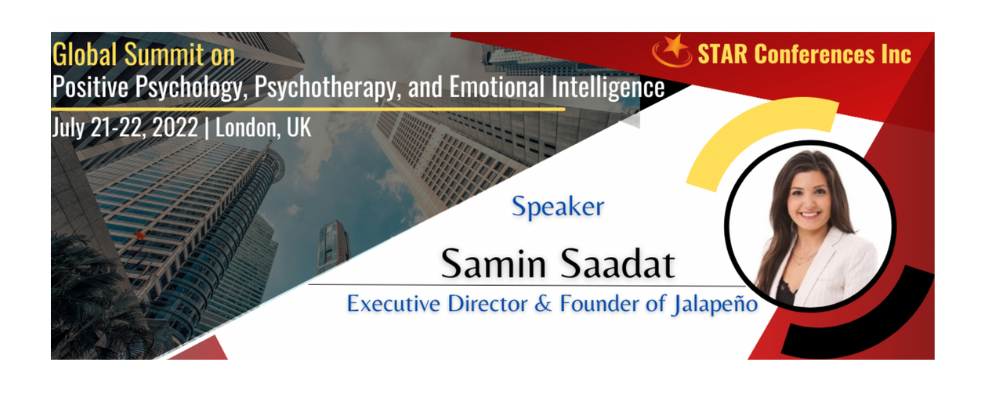Challenges of Education and Human Capital in the Upcoming Future

There have been major developments in the few decades such as globalization and technological advancement. These development has made today’s world more complex, more uncertain and more random. Therefore, attaching to knowns and familiarities can be extremely dangerous and costly for us. (Nathaniel Branden, 1994) Following standard formulas to navigate through this world, and communicate with a diverse group of people will no longer serve its purpose. This complexity demands more than ever independent thinking, entrepreneurial spirit and anti-fragility. Anti-fragility is defined as “a property of systems in which they increase in capability to thrive as a result of stressors, shocks, volatility, noise, mistakes, faults, attacks, or failures” ( Nassim Nicholas Taleb - 2012)
The question we will explore in this presentation is how prepared and equipped we are to thrive in this complex and ever-changing world?
One proposed solution that is being practiced more than ever, particularly due to the COVID-19 pandemic, is resiliency. Resilience is defined as “ the persistence ability of the systems and their ability to absorb change and disturbance, while still maintaining the same relationships between the populations analyzed or the state variables ( Holling, 1973, P14). There is an understanding that being resilient helps to manage complexity, failures, mistakes and other stressors effectively.
Reflecting on the history and the past few years, those who remained anti-fragile benefited more than those who remained resilient and showed resistance to shock. Despite this increasing need to be anti-fragile, our educational institutions, our parenting style and our workforce development train us to control every aspect of our lives by planning and strategizing in such a manner that will result in high certainty, dependency and familiarity but lower innovation, creativity and evolution.
This presentation aims to create a mutual understanding of the existing gaps within our educational system, parenting and workforce and how it destroys randomness, which can be detrimental to evolution and innovation. This presentation will elaborate on how positive outcomes can be achieved by finding more advantages and benefits from failures, mistakes and stressors rather than being robust and resilient to changes in order to maintain the existing state.
We will walk through the historical evolution and its success stories, building more clarification on the current world we are living in and providing an insight into how to thrive and build a better future.
CONCLUSIONS:
In order to be able to grow and evolve in an extremely diverse, globalized and complex world, it is important to implement anti-fragility practices in our parenting, education and workforce development.
BIOGRAPHY:
The human brain, behaviour and interactions with their environment never fail to intrigue Samin Saadat. After spending long hours in psychology labs at the University of British Columbia and completing her Master at the Sauder School of Business, she entered the workforce and observed a gap between what research suggests and what companies actually do to increase productivity and profitability. Also, Samin strongly believes every single individual, regardless of their race, age, status, gender, position, mental health matters and physical conditions deserves to reach their full potential and they all have something unique to offer! Now, Samin is on a mission to bridge this gap and support individuals and companies to reach their full potential through Jalapeño Employee Engagement—leveraging technology and professional human services to bring research findings to life to help companies save invaluable dollars and to help individuals enhance their quality of life.